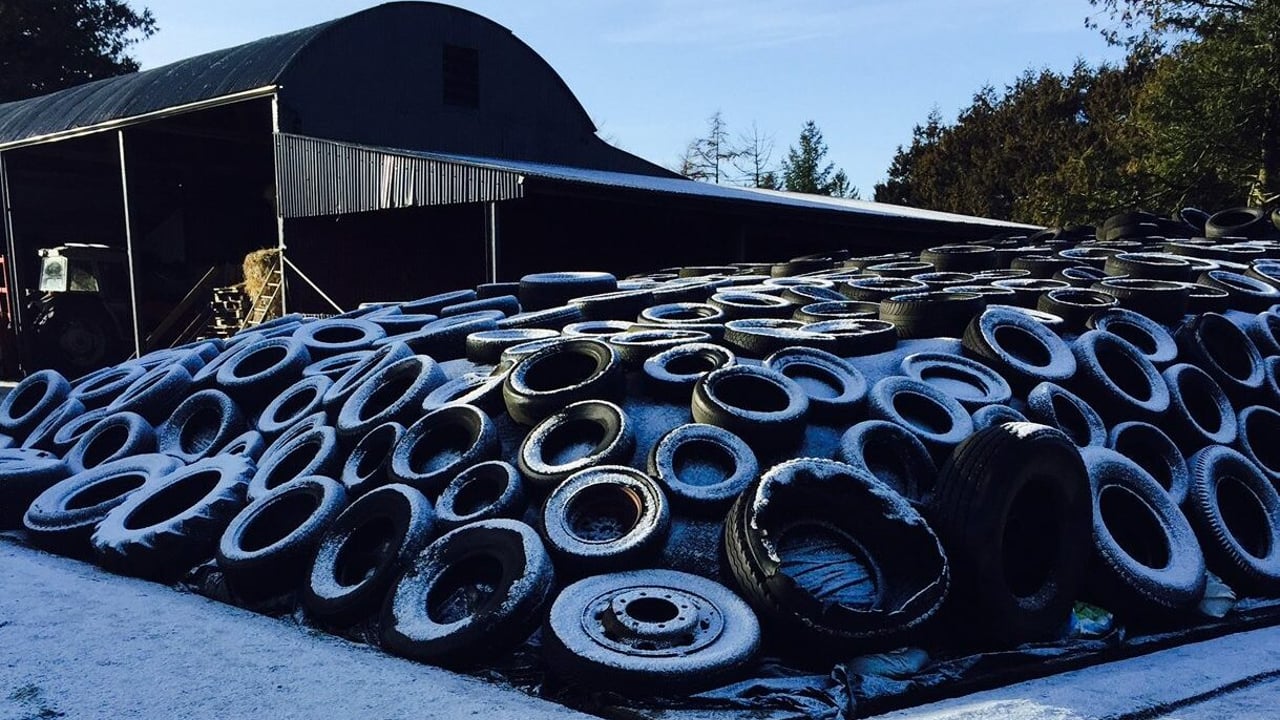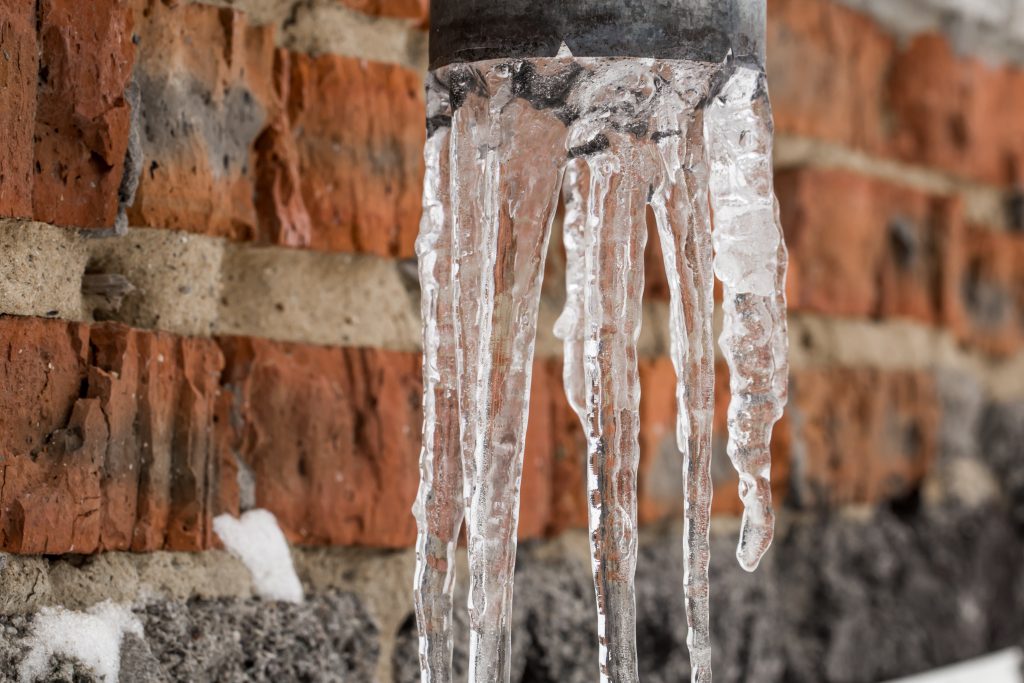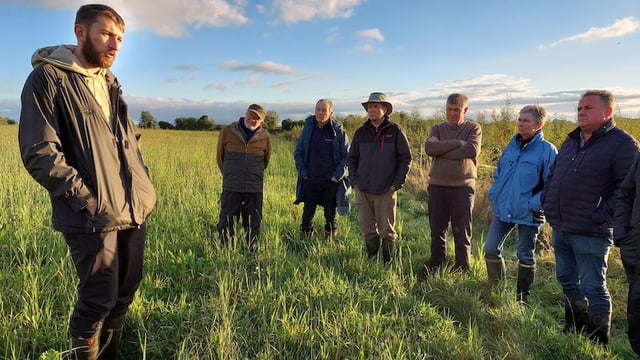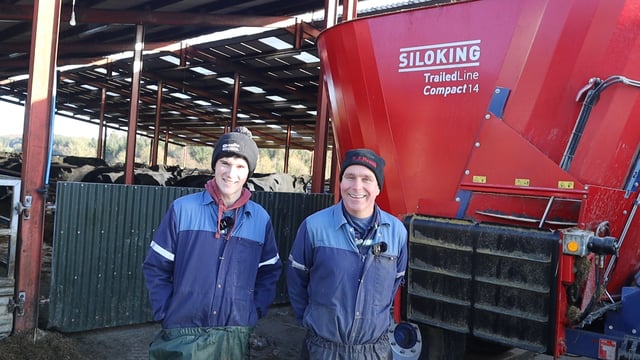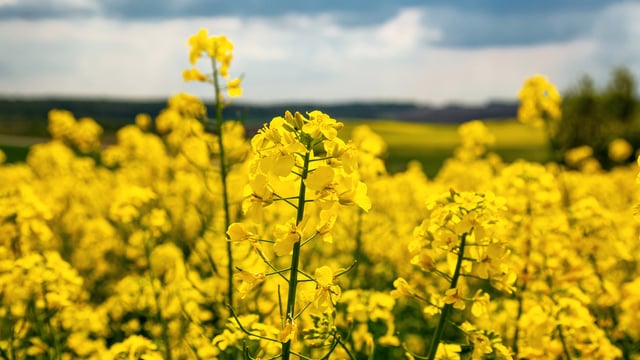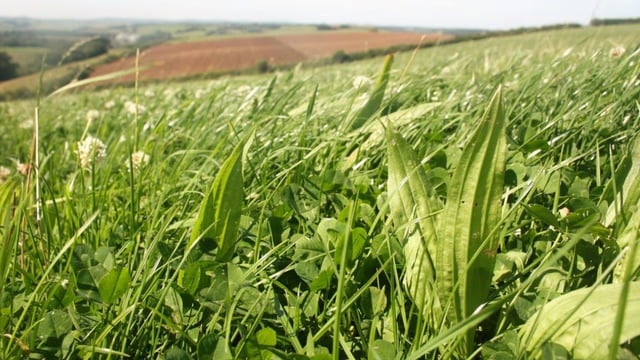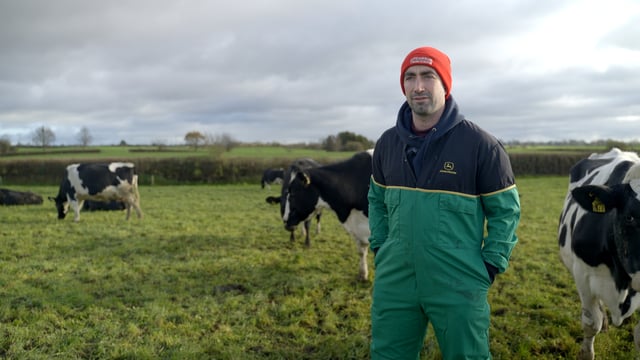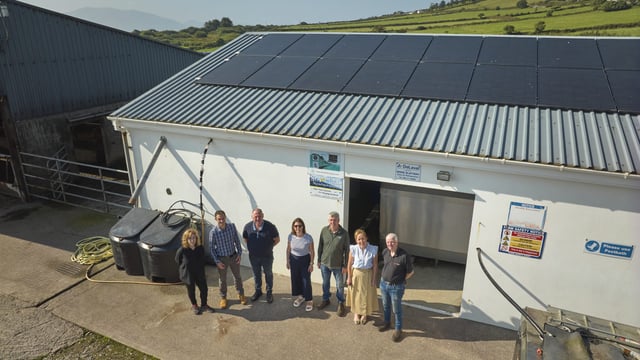Preparing the milking parlour for this winter's frost
Temperatures have got significantly colder this week, prompting farmers to give more thought to protecting the milking parlour from frosty weather.
Met Éireann issued a yellow warning covering several counties earlier this week for hail, sleet, snow and ice.
Temperatures reached as low as -3° overnight this week, leaving many areas of the country experiencing frost and icy patches.
This cold weather comes can make jobs harder on the farm, whether this be opening a bale of silage, thawing water pipes and troughs, and most importantly, making sure the parlour does not freeze overnight.
Milking parlour
This is generally second nature to farmers at this time of the year, especially for those who are winter milking.
However, it will do no harm to remind yourself of the best practices to ensure there are no delays or extra hardship during milking.
First and foremost, farmers should make sure that all the doors of the parlour are kept closed, with the pump insulated during the night and measures such as space heaters considered during hard frosts.
When washing out the parlour, ensure all water is drained from all the low points and any excess water removed from the plant.
Remove all clusters from the jetters, leaving them to hang down with all water drained out.
Farmers who have diaphragm milk pumps in their parlour often have problems during freezing temperatures.
For these farmers, it is best to open the locking nuts to allow any excess water to escape or place an infra-red light over it.
Some countries install thermostat-controlled heaters in the plant room, which kick in when temperatures fall below 10℃.
However, these are relatively uncommon in Ireland considering the capital cost versus the amount of hard freezes we get.
Instead, a lot of farmers use salt solutions in the winter months.
The solution is circulated through the parlour once the final rinse is washed through, making sure all detergent is well rinsed out.
The solution can be ran through the plant at a rate of 1kg per 20L, followed by a rinse before the next milking to get rid of any salt residues.
Freezing temperatures
Hard freezes can bring other problems, such as freezing water pipes and troughs, restricting animals from drinking their required amount of water - in particular dairy cows who are on high concentrate diets.
Farmers that have their own private well often fail to prepare for the frost, as the submersible pump should not freeze when deep in the ground.
However, the pipes and fitting coming from the pump to the sheds can still freeze, creating problems.
Where pipes are exposed and prone to freezing, some farmers leave the tap trickling water to keep water flowing and stop freezing.
If your pipes do freeze this winter, watch out for water toxicity when the water returns, as the cows may overdrink.
Machinery that may have had issues during the busy summer season couldhave had antifreeze replaced with water.
Draining the water and adding antifreeze should be done now.
Although it is not advisable, tractors can be parked in livestock sheds where temperatures are warmer, as long as the dead switch is off.
Medicines and chemical sprays should also be insulated; if they go below 5°C, they may be damaged.

